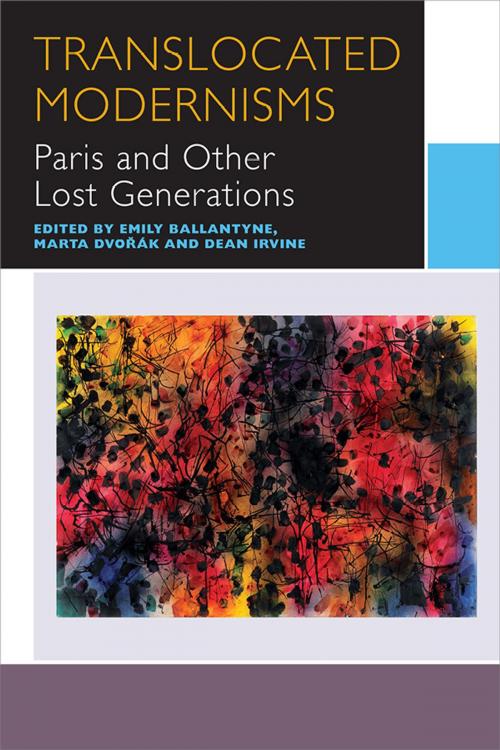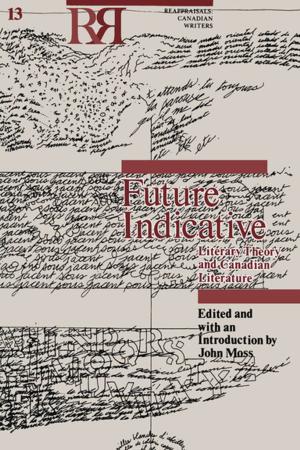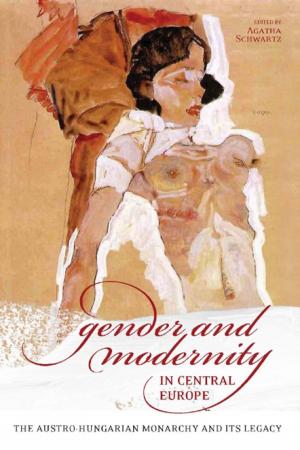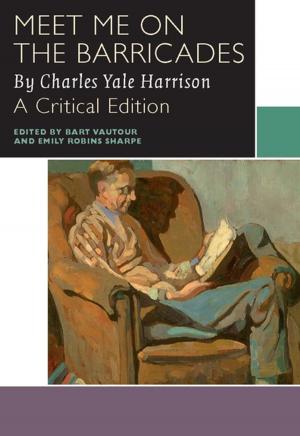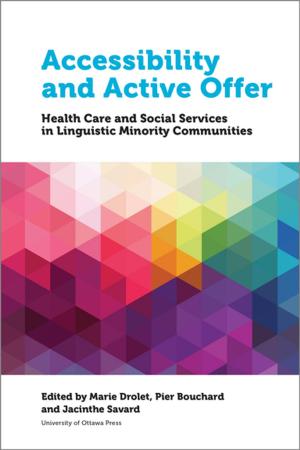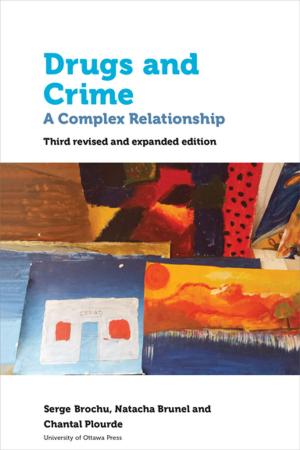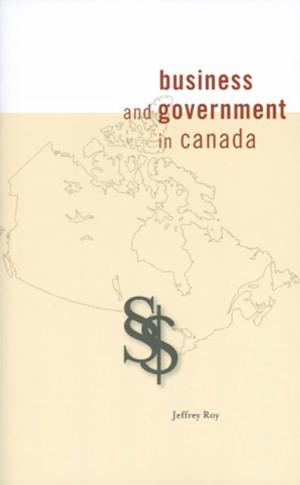Translocated Modernisms
Paris and Other Lost Generations
Fiction & Literature, Literary Theory & Criticism, Canadian| Author: | ISBN: | 9780776623825 | |
| Publisher: | University of Ottawa Press | Publication: | October 4, 2016 |
| Imprint: | University of Ottawa Press | Language: | English |
| Author: | |
| ISBN: | 9780776623825 |
| Publisher: | University of Ottawa Press |
| Publication: | October 4, 2016 |
| Imprint: | University of Ottawa Press |
| Language: | English |
Translocated Modernisms is a collection of ten chapters partitioned into sections and framed by an introduction by the editors and a coda by Kit Dobson, which is interested in those who thronged to the vibrant streets, cafés, and salons of Montparnasse, those who stayed such as Brion Gysin and Mavis Gallant, those who returned “home” such as Morley Callaghan, John Glassco, David Silverberg, and Sheila Watson, and those who galvanized local cultural practices by appropriating and translating them from elsewhere. While for some Paris becomes a permanent home, for others, it is simply a temporary excursion which can last for months, or for many years. The collection opens up the Lost Generation to include multiple generations and broadens its ambit to encompass modernist writers placed under erasure by dominant narratives of Anglo-American modernism. Instead of limiting the category to a single group based on a collective identity, this volume considers lost generations as a particular type of modernist identity attributable to multiple and disparate collectivities. These lost generations include those excluded from canonical narrativizations of expatriate modernisms, among which we spy the glimmer of other modernists living in the shadows of luminaries long recognized in the Anglo-American tradition.
Translocated Modernisms is a collection of ten chapters partitioned into sections and framed by an introduction by the editors and a coda by Kit Dobson, which is interested in those who thronged to the vibrant streets, cafés, and salons of Montparnasse, those who stayed such as Brion Gysin and Mavis Gallant, those who returned “home” such as Morley Callaghan, John Glassco, David Silverberg, and Sheila Watson, and those who galvanized local cultural practices by appropriating and translating them from elsewhere. While for some Paris becomes a permanent home, for others, it is simply a temporary excursion which can last for months, or for many years. The collection opens up the Lost Generation to include multiple generations and broadens its ambit to encompass modernist writers placed under erasure by dominant narratives of Anglo-American modernism. Instead of limiting the category to a single group based on a collective identity, this volume considers lost generations as a particular type of modernist identity attributable to multiple and disparate collectivities. These lost generations include those excluded from canonical narrativizations of expatriate modernisms, among which we spy the glimmer of other modernists living in the shadows of luminaries long recognized in the Anglo-American tradition.
